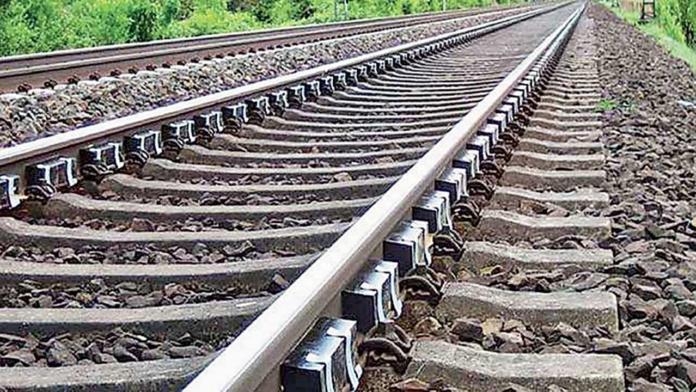Transport Minister Fikile Mbalula says a recently unveiled multifaceted security plan, anchored on insourcing capacity, will make an invaluable contribution to the fight against theft and vandalism of rail infrastructure.
Mbalula on Tuesday participated in a debate in the National Assembly, which focused on the impact that the ongoing damage to public rail infrastructure has on the economic lives of the most vulnerable and poor commuters.
Security-related incidents in the rail environment increased by 20% between 2017/18 and 2018/19 from 7,737 to 9,268.
Since 2012/13, security-related incidents per million train kilometres increased by 175% per million train kilometres.
Theft and vandalism accounted for 88% of all security-related incidents in 2018/19.
“In addressing the pressing challenges that impact on the livelihoods of the poor, who rely on the rail system for their mobility needs, we have sought to secure the passenger rail environment by bolstering passenger security.
“The previous security arrangement was based on a 100% outsourcing model and placed reliance on private security firms. Notwithstanding the huge cost, that intervention was clearly not realising the desired outcomes,” Mbalula said.
A new security plan was recently unveiled and this plan is premised on developing the requisite internal capability and capacity to mitigate and combat theft and vandalism of the rail infrastructure.
The plan prioritises:
• Internal security capability for armed response, control room operations and increasing the number of physical security officials.
• An e-guarding solution has been introduced for the protection of mission-critical assets, which include substations, relay rooms and sites for global systems for mobile communications for the railway environment (GSM-R), with early warning security technology and defensive security systems.
• Specialised investigation services, with legal support and access to a criminal laboratory. This capability will assist to improve investigations and charging of offenders under the Criminal Matters Amendment Act of 2015. The successful prosecution and conviction of offenders could lead to sentencing of imprisonment not exceeding 30 years or in case of a corporate body, a fine not exceeding R100m.
• Remotely Piloted Aircraft Systems, also referred to as drones, have been deployed to conduct virtual patrols of high-risk infrastructure. This capability will work in tandem with specialised investigations and armed response.
“These interventions are not only security force multipliers, but also enablers that will make an invaluable contribution to the enhancement of security responses to the theft and vandalism, and will also result in a significant reduction in crime statistics in the rail environment.
“These will be complemented by the walling of corridors, with the Mabopane corridor in Gauteng and the Central Line in Cape Town already at procurement phase,” said Mbalula.















